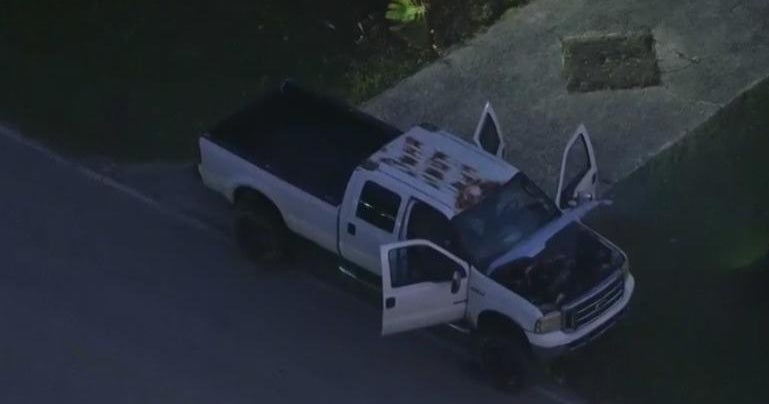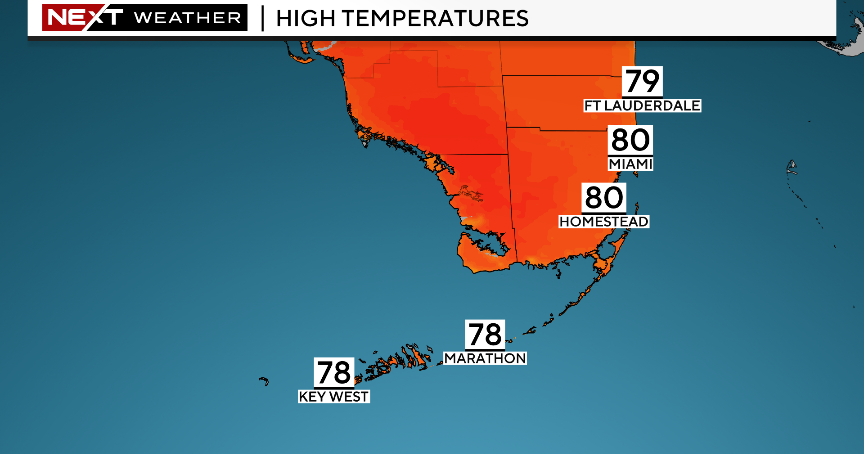Coast Guard Offloads 12 Tons Of Cocaine At Port Everglades
Follow CBSMIAMI.COM: Facebook | Twitter
FORT LAUDERDALE (CBSMiami) - Twelve tons of cocaine and a ton of marijuana will not make it to the streets of South Florida or anywhere else for that matter after being seized at sea by the U.S. Coast Guard.
The noxious white powder and devil weed, seized during 17 interdictions off the coasts of Mexico, Central, and South America by multiple U.S. Coast Guard cutters and Canadian Naval vessels, with cooperation and intelligence from the Mexican government are worth an estimated $390 million.
Tuesday morning the drugs were brought to Port Everglades by the Coast Guard Cutter Legare where they were offloaded. The crew of the Legare is responsible for seizing a ton of the cocaine and eight kilograms of marijuana during the interdictions. All of the seizures were delivered to the Legare, which in French translates to "the station." The cutter was the collection station for the multi-nation busts of drug-running vessels.
"Today's offload sends them a message that our network of partners and allies remains resolute in our commitment to stem the flow of illicit trafficking that breeds instability," said Cmdr. Jonathan Carter, the skipper of Legare.
"This is a dangerous mission. It's a mission that requires highly skilled operators, it requires intense training and preparation," Carter said.
Taking down huge amounts of coke and pot can be hazardous work, often at night, at high speeds, sometimes involving gunfire. It is risky business that has its rewards.
"We know it's worth it, and it's times like this that we get to take a step back and look at what we've done, what we've accomplished, so we're very proud, all of us," said Chief Petty Officer Jesse Oliver.
The Coast Guard has increased its presence in the Eastern Pacific Ocean and Caribbean Basin, which are known drug transit zones off of Central and South America, as part of its Western Hemisphere Strategy. During at-sea interdictions in international waters, a suspect vessel is initially located and tracked by allied, military or law enforcement personnel.
The Coast Guard crew members spend more than half a year, 185 days on average, on the water, away from home.
Seaman Haz Martinez of Homestead, FL hasn't seen his wife and loved ones in three months.
"I miss them a lot, definitely," Martinez said on the cutter Tuesday. "But we have a job to do, and that's something that keeps me going, in order to help others, and I just love it."
Martinez and his fellow crew members will be home at the Legare's home station of Portsmouth, VA on Friday. The Captain said everyone's family would be there to greet them.
The interdictions, including the actual boarding, are led and conducted by U.S. Coast Guardsmen. The law enforcement phase of counter-smuggling operations in the Eastern Pacific is conducted under the authority of the Coast Guard 11th District headquartered in Alameda, California.



